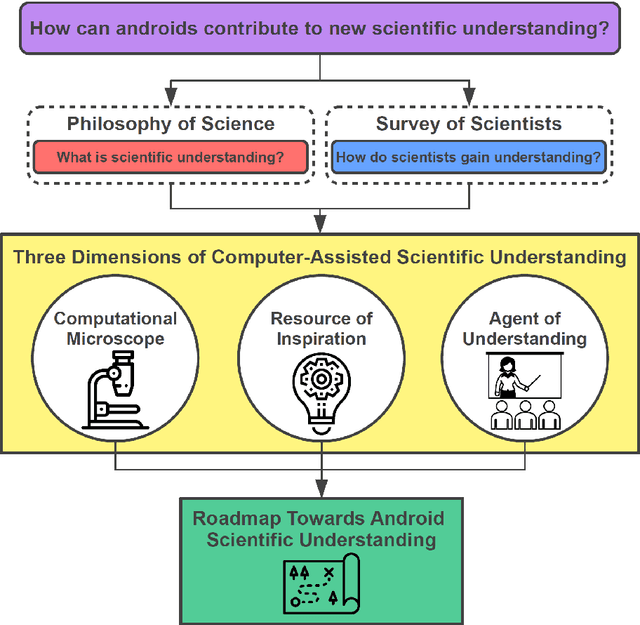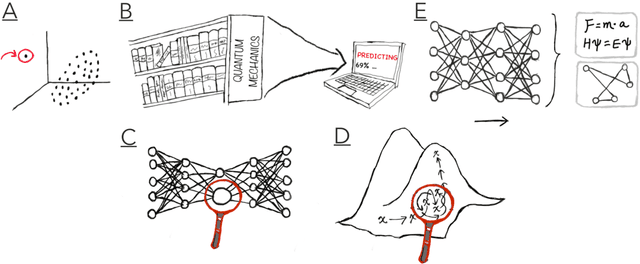Zhenpeng Yao
An Equivariant Graph Network for Interpretable Nanoporous Materials Design
Sep 19, 2025Abstract:Nanoporous materials hold promise for diverse sustainable applications, yet their vast chemical space poses challenges for efficient design. Machine learning offers a compelling pathway to accelerate the exploration, but existing models lack either interpretability or fidelity for elucidating the correlation between crystal geometry and property. Here, we report a three-dimensional periodic space sampling method that decomposes large nanoporous structures into local geometrical sites for combined property prediction and site-wise contribution quantification. Trained with a constructed database and retrieved datasets, our model achieves state-of-the-art accuracy and data efficiency for property prediction on gas storage, separation, and electrical conduction. Meanwhile, this approach enables the interpretation of the prediction and allows for accurate identification of significant local sites for targeted properties. Through identifying transferable high-performance sites across diverse nanoporous frameworks, our model paves the way for interpretable, symmetry-aware nanoporous materials design, which is extensible to other materials, like molecular crystals and beyond.
Machine Learning for a Sustainable Energy Future
Oct 19, 2022Abstract:Transitioning from fossil fuels to renewable energy sources is a critical global challenge; it demands advances at the levels of materials, devices, and systems for the efficient harvesting, storage, conversion, and management of renewable energy. Researchers globally have begun incorporating machine learning (ML) techniques with the aim of accelerating these advances. ML technologies leverage statistical trends in data to build models for prediction of material properties, generation of candidate structures, optimization of processes, among other uses; as a result, they can be incorporated into discovery and development pipelines to accelerate progress. Here we review recent advances in ML-driven energy research, outline current and future challenges, and describe what is required moving forward to best lever ML techniques. To start, we give an overview of key ML concepts. We then introduce a set of key performance indicators to help compare the benefits of different ML-accelerated workflows for energy research. We discuss and evaluate the latest advances in applying ML to the development of energy harvesting (photovoltaics), storage (batteries), conversion (electrocatalysis), and management (smart grids). Finally, we offer an outlook of potential research areas in the energy field that stand to further benefit from the application of ML.
On scientific understanding with artificial intelligence
Apr 04, 2022


Abstract:Imagine an oracle that correctly predicts the outcome of every particle physics experiment, the products of every chemical reaction, or the function of every protein. Such an oracle would revolutionize science and technology as we know them. However, as scientists, we would not be satisfied with the oracle itself. We want more. We want to comprehend how the oracle conceived these predictions. This feat, denoted as scientific understanding, has frequently been recognized as the essential aim of science. Now, the ever-growing power of computers and artificial intelligence poses one ultimate question: How can advanced artificial systems contribute to scientific understanding or achieve it autonomously? We are convinced that this is not a mere technical question but lies at the core of science. Therefore, here we set out to answer where we are and where we can go from here. We first seek advice from the philosophy of science to understand scientific understanding. Then we review the current state of the art, both from literature and by collecting dozens of anecdotes from scientists about how they acquired new conceptual understanding with the help of computers. Those combined insights help us to define three dimensions of android-assisted scientific understanding: The android as a I) computational microscope, II) resource of inspiration and the ultimate, not yet existent III) agent of understanding. For each dimension, we explain new avenues to push beyond the status quo and unleash the full power of artificial intelligence's contribution to the central aim of science. We hope our perspective inspires and focuses research towards androids that get new scientific understanding and ultimately bring us closer to true artificial scientists.
 Add to Chrome
Add to Chrome Add to Firefox
Add to Firefox Add to Edge
Add to Edge